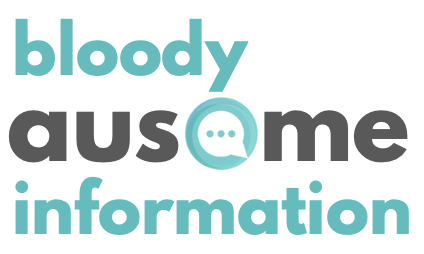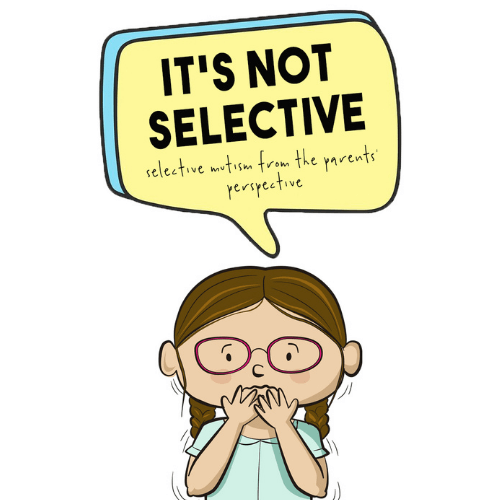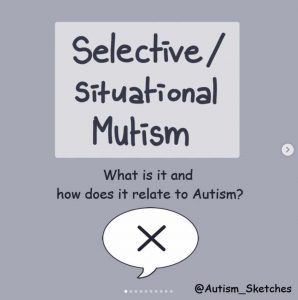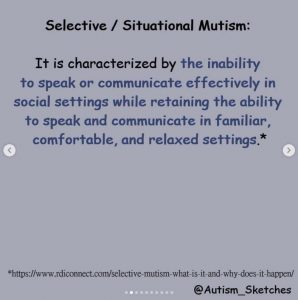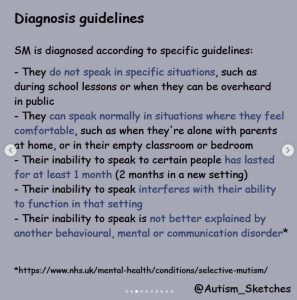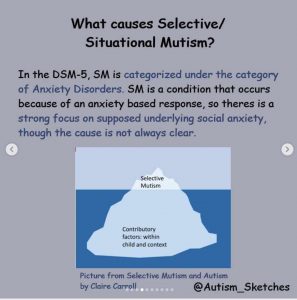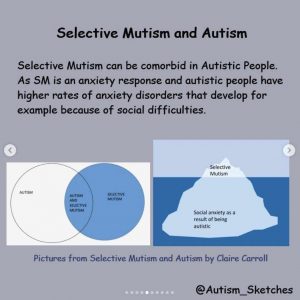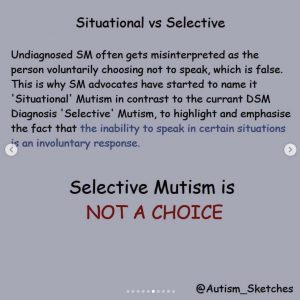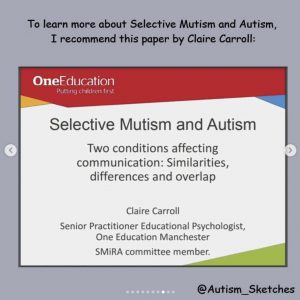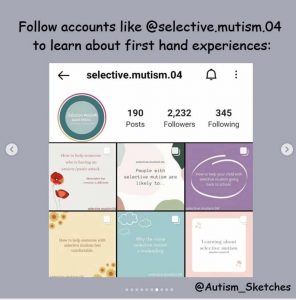Situational Mutism is a complex childhood anxiety disorder characterised by a child’s inability to speak and communicate effectively in select social settings, such as school.
Children with situational mutism are able to speak and communicate in settings where they are comfortable, secure, and relaxed. It's also common for children with situational mutism to have social phobia or social anxiety which is obviously debilitating and painful.
Children and adolescents with situational mutism have an actual fear of speaking and of social interactions where there is an expectation to speak and communicate.
Many children have great difficulty responding or initiating communication in a nonverbal manner; therefore, social engagement may be compromised in many children when confronted by others or in an overwhelming setting where they sense a feeling of expectation.
This has traditionally been called 'selective mutism' however that terminology assumes the person has a choice, which may not be the case.
The Autistic community is working to have the terminology amended and updated.

